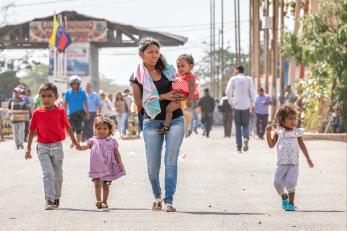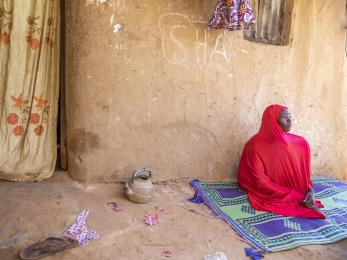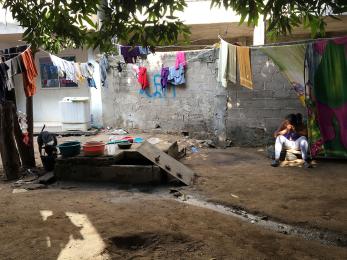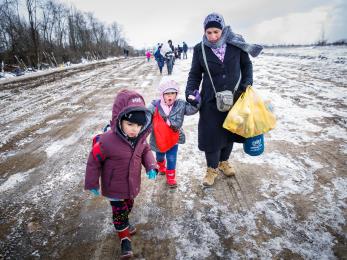On the Move: Understanding Venezuelan Refugee and Migrant Decision-Making

In 2019, over 4,000 migrants lost their lives en route to new destinations. While this number has decreased steadily since 2016, it continues to raise the question of why migrants make decisions that put their lives at risk. To help answer this question and contribute to the debate around how humanitarian aid can support greater self-reliance and optimal outcomes for refugees and migrants, this research gathered new data from behavioral surveys and in-depth interviews with Venezuelans in Colombia. It finds that three key factors influence how Venezuelans in Colombia make decisions that affect their wellbeing: risk tolerance, access to reliable information, and situations of stress and scarcity. Understanding how these and other factors shape decision can better inform how aid organisations help people who are on the move.
While much aid for refugee and migrant crises is focused on addressing immediate needs or preventing migration, identifying ways to help people make better decisions through evidence-based behavioural “nudges” can be a more efficient way to improve long-term wellbeing. The findings suggest that programs utilise more innovative and nimble ways to deliver information and aid, including unconditional cash transfers, decision counselling and online and mobile app information platforms.


